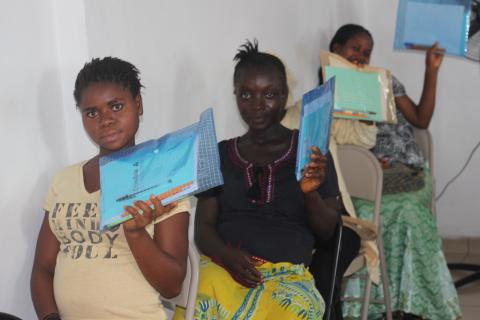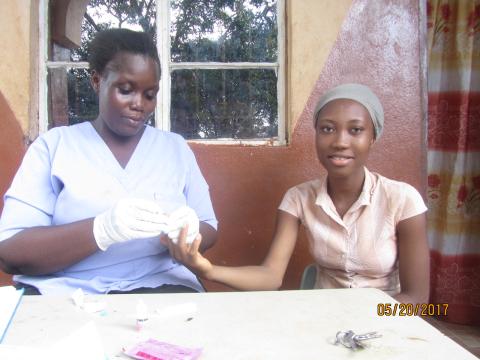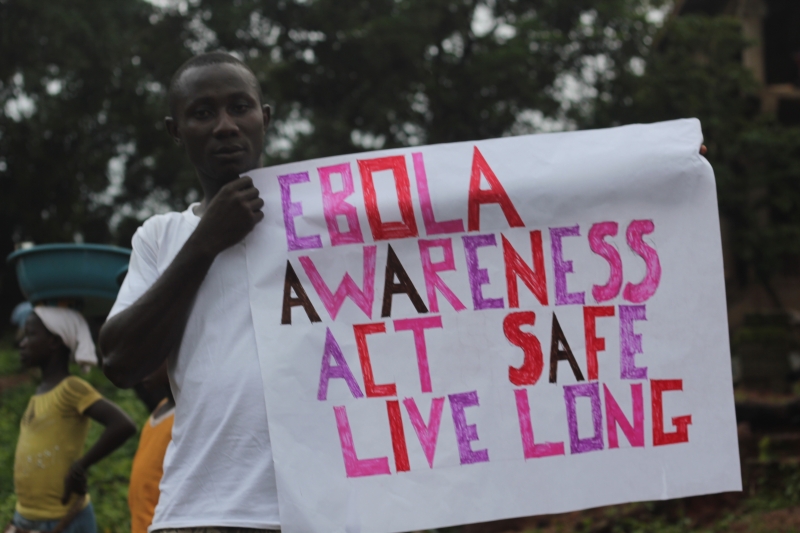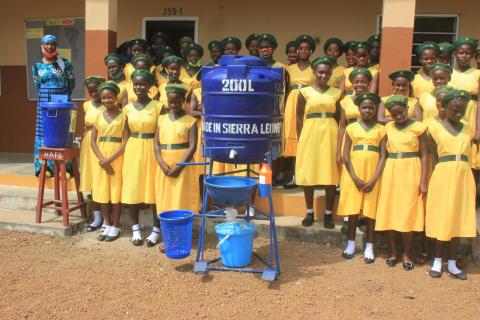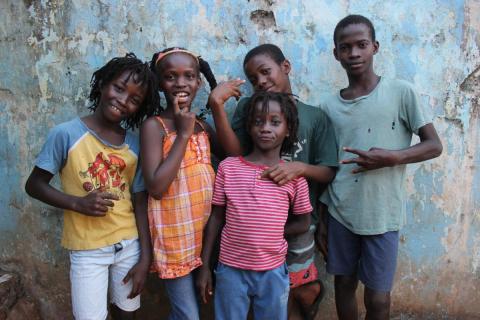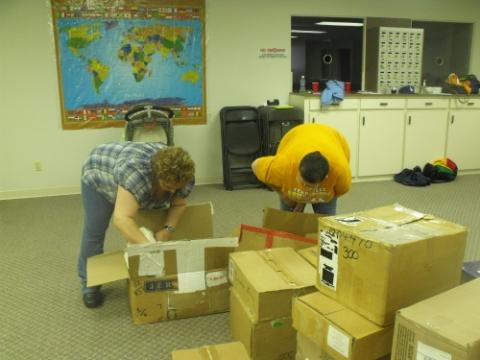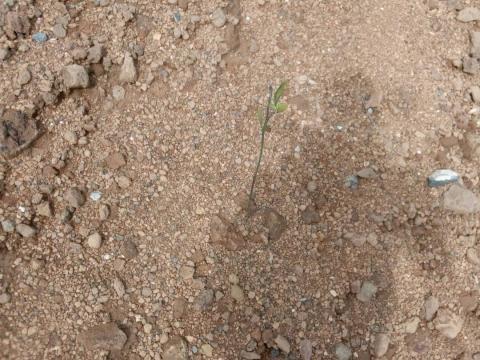Access to Medical Attention
The Washington Post wrote an article following US Secretary of State John Kerry urging leaders around the world to “step up even further” in their anti-Ebola efforts. In the article there was a graph (shown below) that shows financial contributions to the UN for Ebola by country. The goal is to raise $998 million and as of October 8th, 2014, financial contributions towards the UN Ebola response fell short by $306.2 million. The highest contributor was the US at $113.8 million and the lowest contributor was Italy at $2.2 million.

